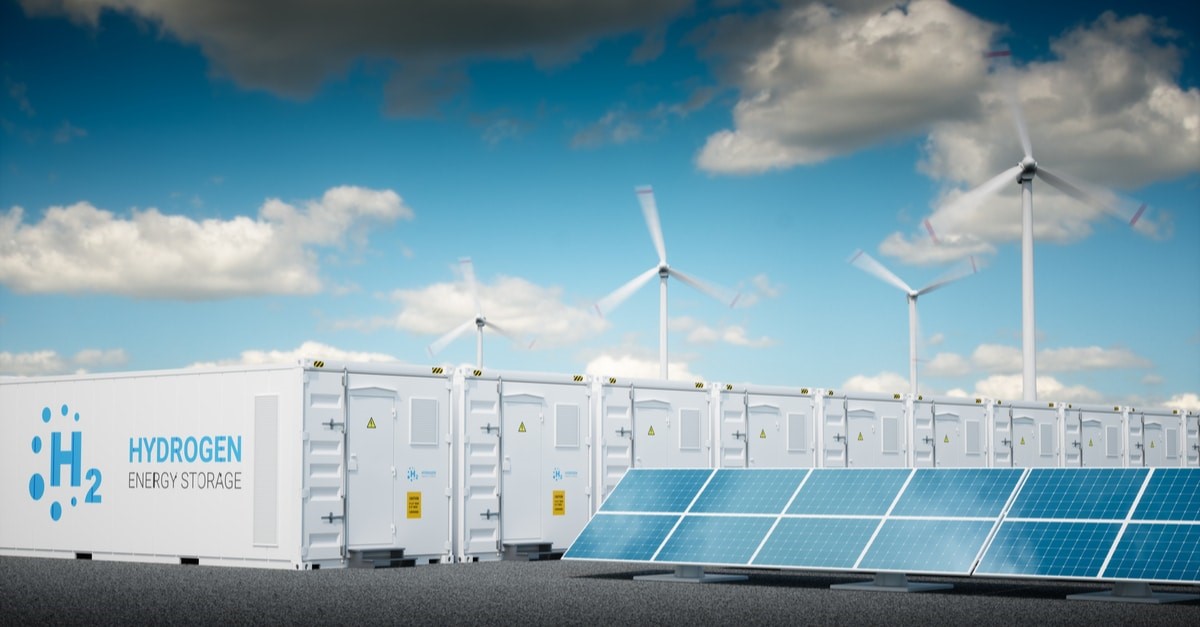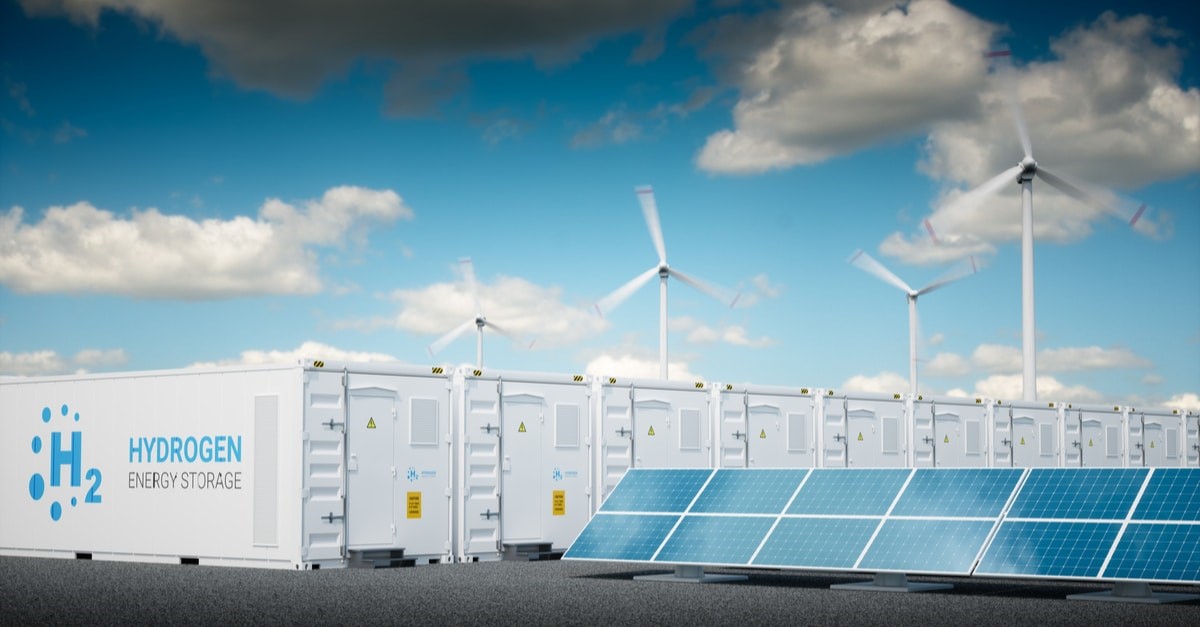The Nigerian government is taking steps to capitalise on the rapidly growing global hydrogen economy, which is expected to exceed $200 billion by 2030. The Federal Ministry of Petroleum Resources views hydrogen as a clean energy source with the potential to cut emissions, improve energy efficiency, create jobs, and boost economic growth.
At Tuesday’s inaugural hydrogen economy conference in Abuja, Ekperikpe Ekpo, Minister of State for Petroleum Resources (Gas), emphasised Nigeria’s vast renewable resources. These resources present a unique opportunity for hydrogen production to meet the country’s increasing energy needs.
Ekpo highlighted Nigeria’s 206 trillion cubic feet of natural gas reserves, positioning the country as a prime candidate for blue hydrogen production. He also noted the nation’s abundant solar potential, with over 2,000 hours of sunlight annually, making it ideal for green hydrogen.
“Using renewable energy and natural gas for hydrogen production, we can reduce emissions and decarbonise sectors like transport, power, and heavy industry,” Ekpo said. He also stated that hydrogen could help transform Nigeria’s oil and gas infrastructure, creating new opportunities and ensuring the energy sector remains globally competitive.
Ekpo pointed out that Nigeria’s location provides vital access to both European and African markets. He added that existing gas infrastructure could adapt to hydrogen transportation, further boosting Nigeria’s hydrogen export potential.
This shift toward hydrogen aligns with President Bola Ahmed Tinubu’s Renewed Hope Agenda and the government’s commitment to sustainable development. Nicholas Ella, Permanent Secretary of the Ministry of Petroleum Resources, stressed the need for significant infrastructure investments to capture a share of the expanding hydrogen market.
Countries like Germany, Japan, and South Korea have already committed over $70 billion to develop hydrogen supply chains and technologies. Ella emphasised that Nigeria must create an investment-friendly environment to attract international financial support and partnerships.
Ella also referred to studies showing that global hydrogen adoption could reduce CO2 emissions by six gigatons annually by 2050. For Nigeria, adopting hydrogen could help the country meet its target of reducing carbon emissions by 20% by 2030, as outlined in its Nationally Determined Contributions (NDCs).
“We focus on advancing blue hydrogen from natural gas and ensuring that green hydrogen projects meet global sustainability standards,” Ella said.
Vice President Kashim Shetimma, speaking at the event, said hydrogen will play a key role in meeting Nigeria’s energy demands. He stressed the importance of developing a robust and diverse energy mix based on local resources to achieve the country’s energy goals.
Representing the Vice President, Sadiq Wanka, Special Adviser to the President on Power and Infrastructure, stated that hydrogen demand is set to skyrocket. “Given Nigeria’s vast natural gas and renewable energy resources, hydrogen can meet domestic energy needs, support the petrochemicals industry, and reshape energy exports,” Wanka said.
As Nigeria works to become a leading player in the global hydrogen economy, the government focuses on developing policies, infrastructure, and industry standards that ensure safety and promote sustainable growth in the sector.
Source: Africa Energy Portal










Hello sir job driver thank
有道词典是由网易有道出品的全球首款基于搜索引擎技术的全能免费语言翻译软件。简介. 支持中文、英语、日语、韩语、法语、德语、俄语、西班牙语、葡萄牙语、藏语、西语等109种语言翻译。拍照翻译、语音翻译、对话翻译、在线翻译、离线翻译更顺畅。更多的翻译 https://www.youdaoo.com
https://www.telqq.com Telegram群组,Telegram群组导航。收录Telegram上的优质频道和群组,打造一个高质量Telegram导航。TGNAV收录整理了Telegram上的许多优质频道、群组、机器人,帮助用户发现更多优质的群组。
What i don’t realize is in reality how you’re no longer actually much more smartly-favored than you might be now. You are very intelligent. You recognize thus considerably in terms of this subject, produced me in my opinion believe it from so many varied angles. Its like women and men don’t seem to be fascinated unless it is one thing to accomplish with Woman gaga! Your individual stuffs great. At all times care for it up!
v93lov
They bridge the gap between countries with their service.
lisinopril 5mg pill
Consistently excellent, year after year.
I respect your piece of work, regards for all the informative articles.